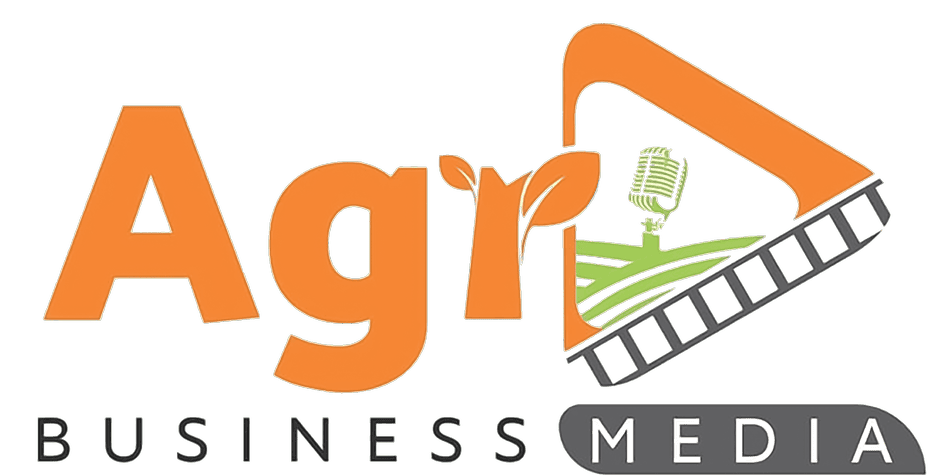by Rawlings Kofi
The soil beneath your feet, the seeds you sow, the livestock you rear – this isn't just land or produce; it's your lifeblood. For every farmer, regardless of location or scale, there's one golden rule that underpins success and sustainability: Never joke with your source of income.
This isn't about being grim or joyless. It's about respect, diligence, and recognizing that your farm is the engine driving your family's well-being, your financial stability, and your future security. To "joke" with your farm means to take it for granted, to cut corners, or to neglect the very things that make it productive.
What Does "Joking with Your Farm" Look Like in Practice?
Treating your primary source of income lightly can manifest in several ways:
- Poor Land Preparation & Soil Management: Ignoring soil tests, failing to practice crop rotation, or not investing in soil conservation techniques (like no-till farming, cover cropping, or terracing) is like expecting a weak foundation to hold a strong house. Healthy soil is paramount.
- Substandard Inputs: Using uncertified or poor-quality seeds, inadequate or incorrect fertilizers, or failing to provide proper veterinary care for livestock. This is a false economy that almost always leads to lower yields and income.
- Ignoring Good Agricultural Practices (GAPs): Neglecting timely weeding, incorrect pest and disease management, improper water management (especially crucial with changing climate patterns), or poor harvesting and post-harvest handling.
- Lack of Record Keeping: Farming without records is like driving blind. Not tracking expenses, yields, sales, and profits makes it impossible to know what's working, what's not, and where to improve.
- Resisting Knowledge and Adaptation: Failing to seek advice from local agricultural advisors, experienced neighbours, or farmer groups. Not being open to learning new techniques, climate-smart agriculture, or market trends.
- Poor Financial Management: Spending income impulsively without reinvesting in the farm, not saving for challenging seasons or emergencies, or taking on unmanageable debt.
- Neglecting Maintenance: Letting tools, equipment, fences, or irrigation systems fall into disrepair. This leads to bigger, more expensive problems down the line.

Why This Rule is Non-Negotiable for Farmers
- Livelihood Security: Your farm directly supports your family and pays the bills. Treating it seriously means protecting this fundamental security.
- Economic Empowerment: A well-managed farm is a profitable business. It creates wealth, employment opportunities, and contributes to local and regional economies.
- Resilience to Shocks: The agricultural sector faces numerous challenges – unpredictable weather, pests, diseases, and market fluctuations. A seriously managed farm, with contingency plans and smart investments, is better equipped to withstand these shocks.
- Legacy Building: For many, farming is a heritage. Taking it seriously ensures you have a productive and sustainable legacy to pass on to the next generation.
Taking Your Farm Seriously: The Path to Prosperity
Turning this rule into action means embracing a professional, business-minded approach:
- Invest Wisely: Put money back into your farm for quality inputs, soil health, and necessary infrastructure.
- Plan Meticulously: Seasonal planning for crops, livestock cycles, and finances is key.
- Learn Continuously: Attend workshops, field days, read agricultural publications, and engage with extension services or experienced mentors. Knowledge is power.
- Practice Climate-Smart Agriculture: Adopt techniques that help you adapt to changing weather patterns, conserve water, and protect your soil.
- Diversify Where Possible: Don't put all your eggs in one basket. Consider a mix of crops or integrating livestock to spread risk.
- Keep Detailed Records: Understand your costs, income, and profitability. This is crucial for making informed decisions.
- Value Your Labour and Time: Your effort is a significant input. Use it efficiently.
Conclusion: Your Farm, Your Future
Your farm is not a hobby to be trifled with; it's your most critical asset, your business, and your primary source of income. By treating it with the seriousness, respect, and diligence it deserves, you are not just cultivating crops or raising animals – you are cultivating a brighter, more secure future for yourself, your family, and your community.

